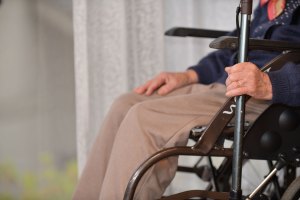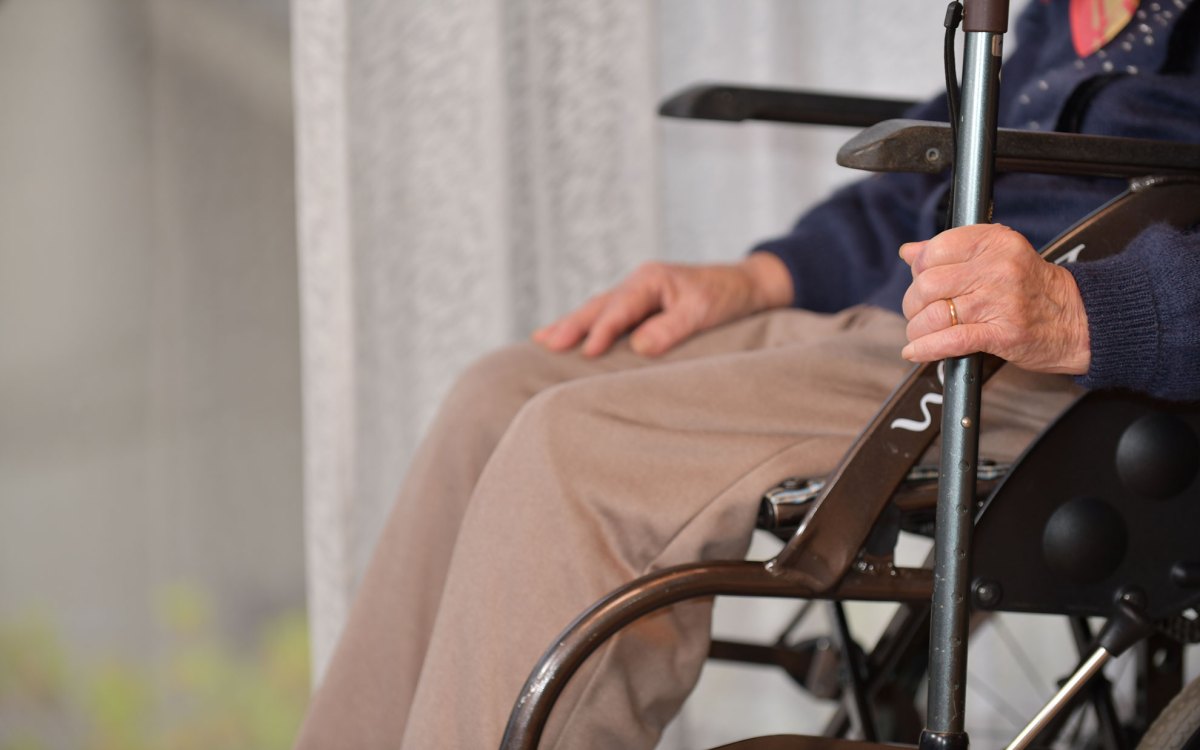Changing the climate of environmental law
After the Deepwater Horizon oil spill in the Gulf of Mexico and the ensuing reorganization of the Department of the Interior, Frances Ulmer, a member of the National Commission on the BP Deepwater Horizon Oil Spill and Offshore Drilling, turned to Harvard Law School’s Emmett Environmental Law and Policy Clinic.
She asked the clinic to recommend best practices for regulating offshore drilling. “I leapt at the opportunity,” says Wendy B. Jacobs ’81, clinical professor of law and director of the clinic, who chooses complex projects that will challenge her students and provide opportunities to present their work to high-level officials – opportunities they would get nowhere else. “It was timely, and presented a novel and critically important set of issues.”
In a single semester, three students under Jacobs’ direction analyzed 40 regulatory regimes and traveled to Washington, D.C., to present recommendations to the Department of the Interior and congressional staffers. They did such a remarkable job that last year, the clinic was asked to consider ways to predict whether companies proposing to drill for oil and gas in the Arctic would do so safely and in an environmentally protective way. A new group of students worked with Jacobs to develop such a set of indicators. Their report, released in December, suggests ways to protect the environment from the impact of routine drilling as well as major oil spills, and is currently being circulated among legislators and regulators.





